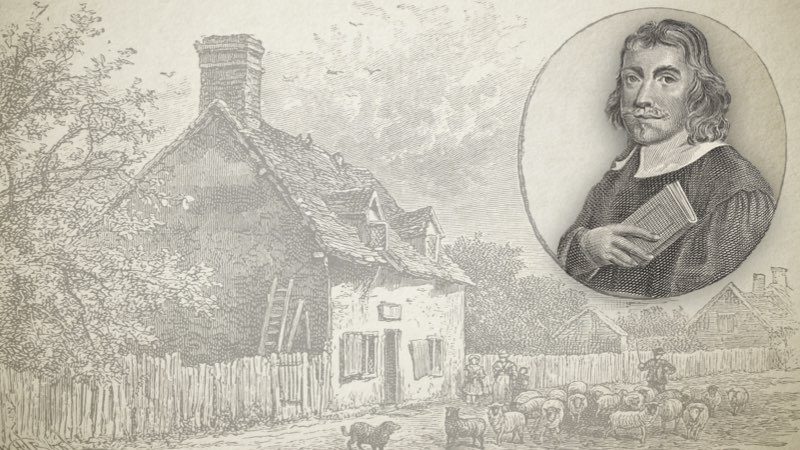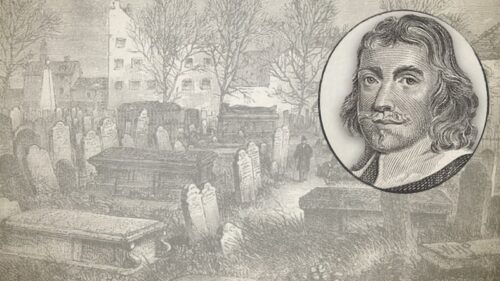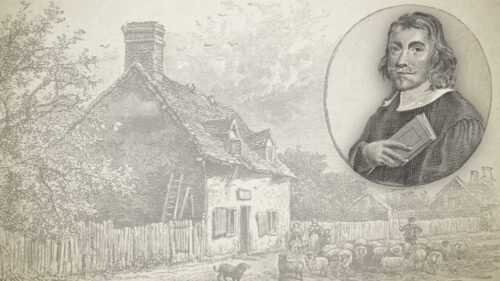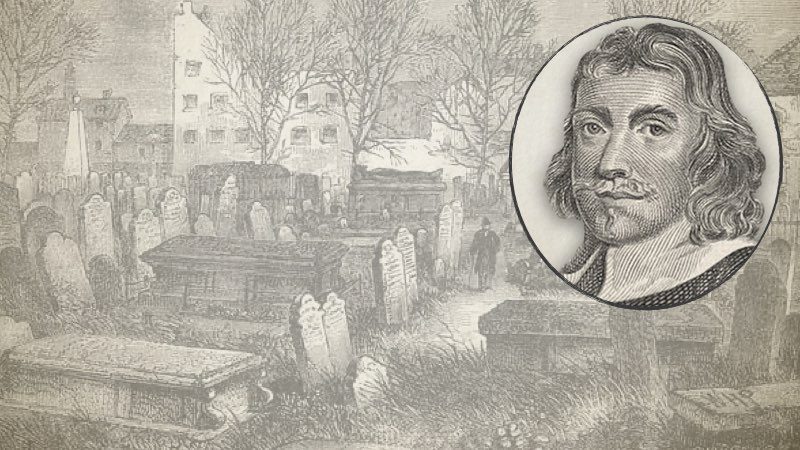John Bunyan
John Bunyan (1628-1688) was a sovereign grace preacher, author and poet. He was appointed the pastor of a non-conformist church in Bedford. Although he was a baptized believer, it is questionably whether the Bedford congregation was a Baptist church. He was an open-communionist, welcoming to the Lord’s Table all who professed faith in Christ. An open Table of this kind sidelines the ordinance of Baptism, thereby undermining a ‘Baptist’ identity. Nevertheless, Bunyan nurtured strong views on sovereign grace and is best known for his Christian allegory, “The Pilgrim’s Progress”.
-
The Life And Testimony Of John Bunyan
John Bunyan was born at Elstow, near Bedford, in 1628. His father was a tinker, and, concerning his humble birth, Bunyan says, "My descent was of a low and inconsiderable generation, my father's house being of that rank that is meanest and most despised of all the families of the land.'' But, poor as his parents were, they did not neglect sending their children to school, for which John felt very grateful in after years. At a very early age he acquired the sad habit of swearing, for which he became notorious, but he proved "the way of transgressors to be hard! for, after spending a day thus in sin, he was scared and terrified at night with fearful dreams, and apprehensions of devils and…
-
Bi-Centenary Of The Death Of John Bunyan
Much of the liberty we now enjoy as Christians is owing to two great historical facts which transpired in the years 1588 and 1688—the defeat of the Spanish Armada, and the accession of the Protestant dynasty to the throne of England. We, however, dare not withhold at the present moment stating our firm conviction that the iron hand of ROMANISM WILL YET AGAIN PREVAIL and reign in this country, at least for a limited period. It is not difficult to imagine what the state of England would be if the sacred Scriptures were as rigidly forbidden to be possessed and read by the public as they were in the Middle Ages. God defend the right. JOHN BUNYAN'S DEATH, AUGUST 12TH, 1688. We owe a great…
-
The Life And Death Of John Bunyan
Mr. John Bunyan, Author of the Pilgrim’s Progress, Ob. 31st August, 1688, aet. 60. Tomb, E. and W. 25,26,—N. and 8. 26, 27. The above is all that is inscribed (so far as he is concerned) on the tomb which is erected over the vault that contains the remains of Bunyan. At least the bodies of twelve other persons, if not more, are interred in the same vault, whose names are respectively inscribed on the tomb, and on each side. See note, p. 16. The name and fame of Bunyan stand in no need of sculptured monument to perpetuate his memory. His eventful Biography, his twelve years incarceration in Bedford Jail for preaching the gospel, All is well known. And, doubtless, God will bless to…
-
The Life And Ministry Of John Bunyan
Ken Connolly, "The Church in Transition", Page 121: The world into which John Bunyan was born was in a state of upheaval. Fierce political winds were blowing in shifting directions. Though the issue was political, those of Puritan persuasion defended the rights of citizens. When there was conflict between royal authority and the "responsibility" of Parliament, the Puritans always side with Parliament. Hence the debate became also a religious matter. The civil war erupted causing the king first to lose the throne, then his head. It also brought Puritanism, whether bane or benediction, to touch the moral conscience of the nation. These two factors would make the Bunyan years a time of stress. The excesses which normally result from political upheaval would be restrained by the equally…




